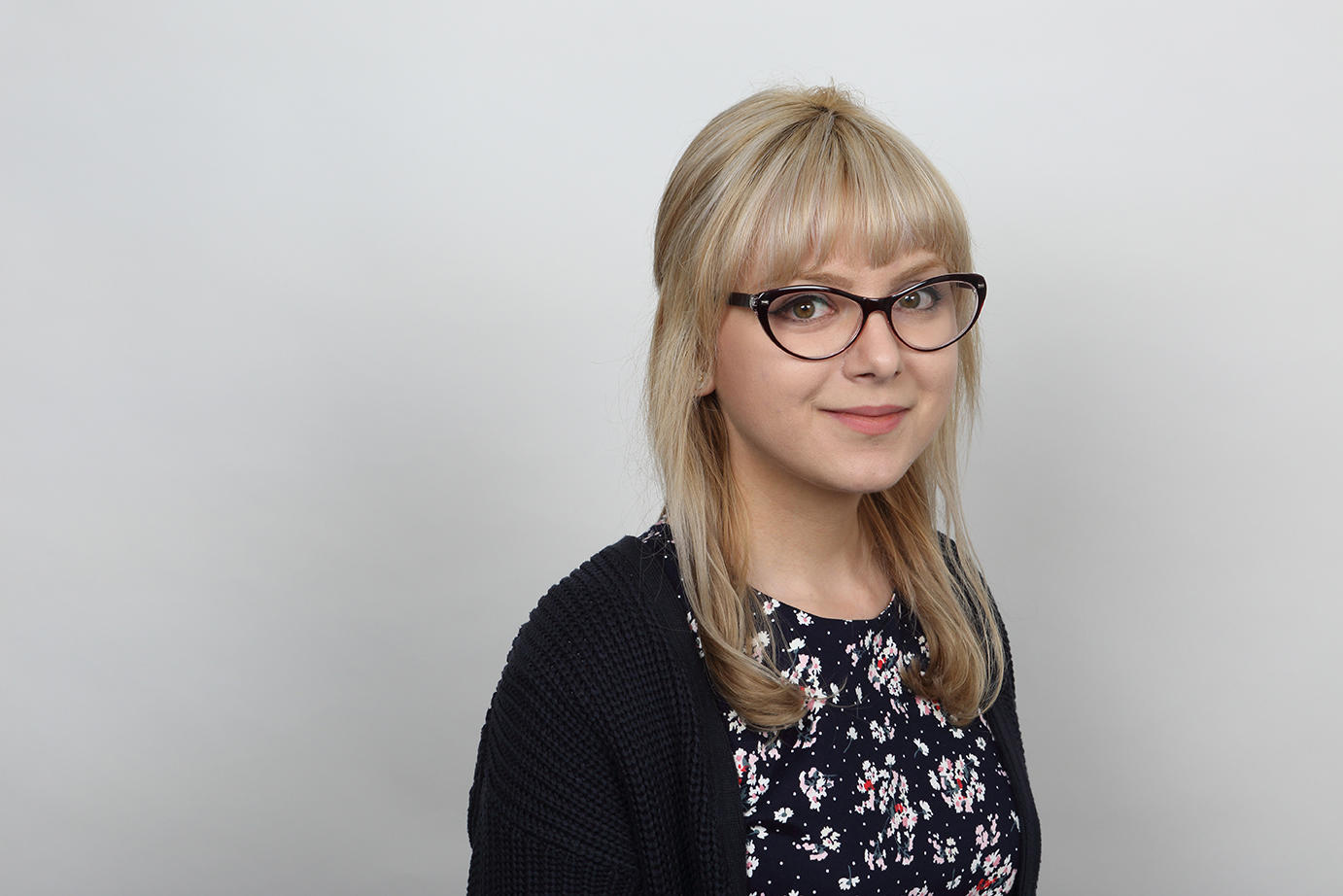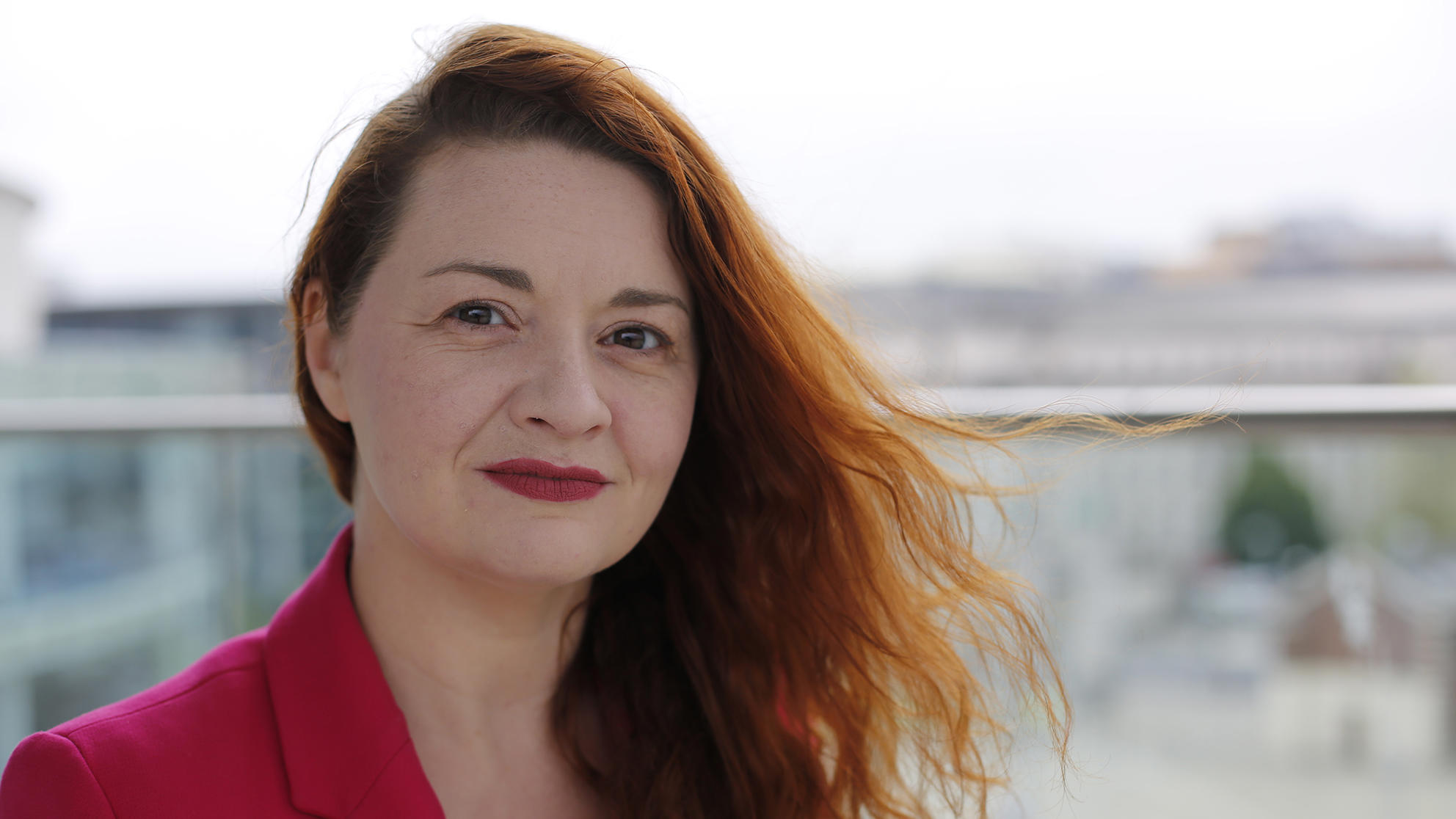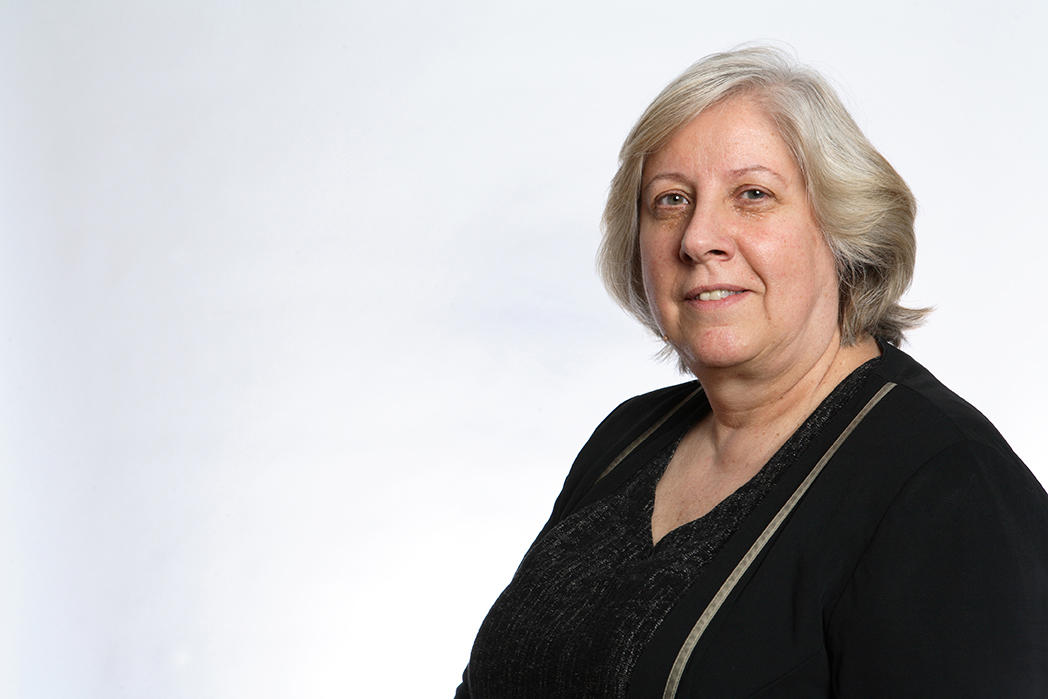Clock-watching is as futile as it is frowned upon in the NHS – but precisely why someone might be anxious about working late is not always obvious or understood.
Extra hours at work might mean more time waiting at the bus stop in the dark or standing on a deserted station platform at 2am.
For women especially, the risks have always been clear, but the highly publicised murder of Sarah Everard in London in March have brought them into sharper focus for many, including Cristina Costache.
Dr Costache, a paediatric specialty trainee 3 in Yorkshire and BMA council member, was badly shaken by Sarah’s death and the national debate it triggered. ‘It could have been any of us,’ she says. ‘But what made me even more emotional was the way some men were talking against women being out alone at night.’
Everybody thought I was slacking but I only wanted to get home safeDr Costache
 COSTACHE: ‘I should not be exposed to risk because of the job I do’
COSTACHE: ‘I should not be exposed to risk because of the job I do’
She had had no way of avoiding this earlier in her medical training when she was reliant on public transport. Many of her early postings required her to take a bus and a train in the small hours.
‘It’s quite common to be asked to stay late and give a hand,’ says Dr Costache. ‘And I was always rushing to leave because I didn’t want to miss the last bus or the train because the next one would be in another hour. Everybody thought I was slacking but I only wanted to get home safe.’
Being an international medical graduate – and regular moves to new areas – raised additional challenges. Without an initial support network or wide circle of friends, she tended to rent alone, which left her feeling more insecure.
She used to ring her mum as she walked the streets at night – until a spate of Brexit-related hate crimes meant she no longer felt safe speaking her mother tongue in public.
Dr Costache was so tired of feeling anxious about her commute that in 2019 she decided to spend the money that she had saved up for exams on a car instead. Senior colleagues made it clear they did not understand her priorities.
Negotiating hospital car parks in the dark was not always risk-free either. She cites instances at previous workplaces where staff had been attacked or mugged. The car park at her hospital is well-lit but in other jobs she and her colleagues were in the habit of waiting for one another after work, and ensuring each got to their car safely.
‘I’m 47kg and tiny as a child and I try to dress as baggy and badly as I can, just to not attract any attention,’ says Dr Costache. ‘I offer care and safety to my patients and I feel that I should not be exposed to risk because of the job that I do.’
Stranded
 BARHAM-BROWN: Hit hard by Sarah Everard’s death
BARHAM-BROWN: Hit hard by Sarah Everard’s death
Safety means different things to different people. GP registrar Hannah Barham-Brown does not work nights and has a car. But as a wheelchair user, she still feels vulnerable.
‘I am two-and-a-half feet shorter than everyone else in my wheelchair and I can only go four miles an hour,’ she says.
Sarah Everard’s death hit her hard too, not least because of some uncomfortable parallels between their backgrounds. Dr Barham-Brown is the same age as Sarah and they had been at the same university in the same year. She lived in the Clapham Common area, where Sarah disappeared, when she was a foundation 1 doctor.
At that time, Dr Barham-Brown’s commute, mostly by train, ended with a steep hill she had to negotiate in a manual wheelchair she had only been using for a year. On one occasion, she opted to ‘hobble in on a stick’ and leave the chair at work, but had a fall en route and arrived at work with concussion and bloody knees.
Irregular hours meant she never knew which train she would be taking and so could not give stations sufficient notice to arrange for someone to meet her with a ramp so she could exit the train. Being left stranded in the carriage was not uncommon.
I’m 47kg and tiny as a child and I try to dress as baggy and badly as I canDr Costache
‘The trains were every 15 to 20 minutes and I never knew what time I’d finish,’ she says. ‘There’s just no predicting that.’
She now has her own car but even so there are challenges. The disabled parking spaces at a recent workplace were frequently occupied by non-disabled drivers with impunity – until Dr Barham-Brown, in her frustration, wrote to hospital management. Eventually, a warden was assigned to guard a disabled parking space until
she arrived.
Dr Barham-Brown, a BMA council member, is pleased that Sarah’s death prompted a national reckoning that allowed women to talk more openly about their safety concerns. But being reminded of the prevalence of violence against women has been unsettling.
‘I went down to London last week and for the first time my mum clearly did not want me to go. I said, “Mum, I lived there for years”, and she said, “But you’re more vulnerable now because you’re more disabled now. And you can’t run away.” And that was quite a scary moment.’
Fears about being attacked proved unfounded – but she was, yet again, left stranded on a train at Clapham Junction.
Safety culture
 WILSON: A raft of safety measures at her out-of-hours service
WILSON: A raft of safety measures at her out-of-hours service
As medical director of a GP out-of-hours service in Birmingham and Solihull, Fay Wilson makes her doctors’ safety a top priority.
The service offers drive-through and drive-to clinics as well as home visits, where appropriate. In 25 years, they have only had a handful of incidents: one doctor mugged while walking to work, a smash-and-grab on a parked car, and a home visit to a patient who greeted her doctor by throwing a brick at him.
With almost 500 clinical and operational personnel, precautions and protocols are carefully observed. Clinics have security and CCTV. Those making home visits are as inconspicuous as possible: the cars do not have logos or livery, and visiting doctors do not wear or carry anything that would identify them as such.
Doctors travel with a driver who stays in the car; they might have a chaperone too in certain cases. Timings are logged and if the doctor takes longer than expected, the driver calls them.
If the driver does not report in, the team leader gets in touch. When previously they ran an outreach service for sex workers, they would contact the police if doctors failed to contact base in good time.
I never knew what time I’d finishDr Barham-Brown
Crucially, Dr Wilson, who is also on the BMA GPs committee, will not send people out if the pre-visit assessment by phone flags up any kind of risk.
‘Not that long ago, we had a call where the caller was offensively racist to the doctor, but the doctor was very keen to be pro-patient and go anyway,’ she says.
‘But he’d also heard people laughing in the background at what was being said. This sort of abuse means that the visiting doctor does not know what they are going into. I said we mustn’t visit. In the end they sorted it out on the phone.’
Dr Wilson also warns against doctors endangering themselves because of an exaggerated sense of responsibility to the patient – a key lesson reinforced through the mandatory training cycle.
‘You have to be sensible and not put yourself in danger because of a ministering angel complex, or because you think you’re the only person that can rescue this patient.
‘If you’re going and taking care of somebody who is seriously mentally ill, are you still going to be standing tomorrow? It’s not about whether it’s the patient’s fault or not that they hit people. We don’t make a judgement about fault: we are looking for a judgement about safety.’
Thoughtful colleagues
Dr Barham-Brown and Dr Costache recognise some of the practical solutions they might propose to improve safety, especially in secondary care, are costly. Brighter lighting in car parks, better security, staff shuttle buses to stations: these are not going to be budgetary priorities.
‘But there are other things like trying to roster women so they’re not leaving the hospital by themselves, or rostering people who get public transport to finish at the same time, or helping to organise lift-share systems,’ suggests Dr Barham-Brown. ‘These kind of things just require a little thought.’
We don’t make a judgement about fault, we are looking for a judgement about safetyDr Wilson
What made a big difference to Dr Costache were the occasions where she felt more senior colleagues were looking out for her and asked about her travel arrangements.
‘A man who lives in a safe area in a safe house with a car would not necessarily think of his colleagues’ safety because it’s not an issue for him,’ she says. ‘It wasn’t that I wanted colleagues to give me a lift or expected it, although I had one consultant who always did. But just asking: Are you taking the bus? Are you getting home safe? It was kindness that made the difference.’
Dr Barham-Brown agrees that a little empathy goes a long way. Her employer moved the security keypad down to seating height before she joined, without her even asking them to.
‘The fact they took that step made me feel like I was going to be welcomed and supported,’ she says. ‘What we need is for people to stop and say, “What would help you?” It’s about just asking the question.
‘We don’t live in a world where we can plan for everything. I don’t necessarily need people to be experts in keeping me safe. But I need them to be approachable and willing to help when I raise concerns. As ever in the NHS, it comes down to creating that culture of openness.’

